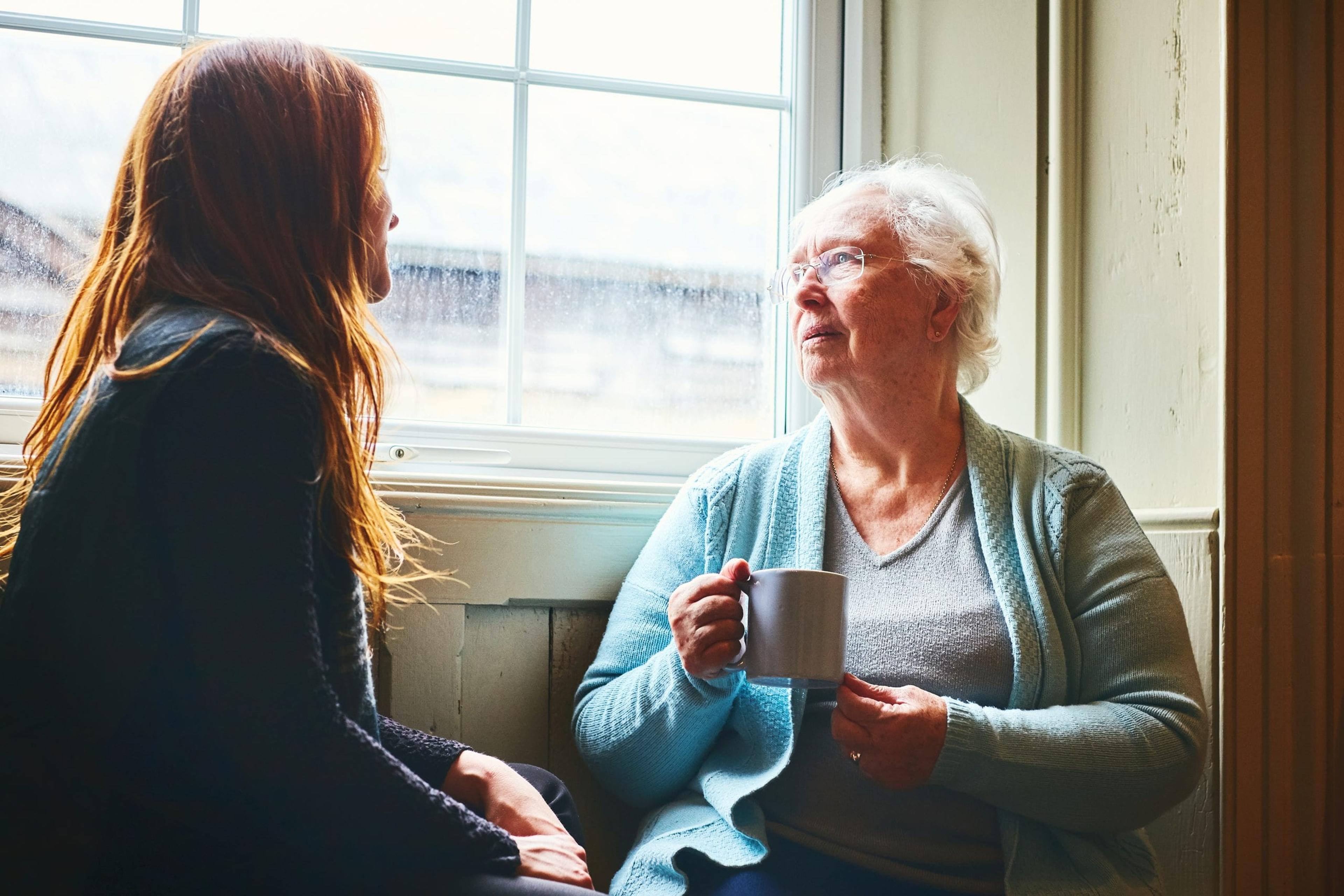
For those who require caregiving, every story is unique and choices for care look different. Whether a family member is aging, or in need of emergency medical support, an available family member may be one of the first people to step into the role as a caregiver.
An estimated 44 million Americans 18 and older provide unpaid assistance and support to older people and adults with disabilities, according to the Family Caregiver Alliance (FCA). And a spouse or partner spends an average of 37 hours per week caring for their loved one. Being there for a loved one can be very rewarding. But it’s important to recognize burnout.
Studies show that caregivers report higher levels of stress than non-caregivers, and the added responsibilities can lead to anxiety, depression or increased intake of alcohol or other substances. Take these tips into consideration:
Take time for yourself
Taking care of yourself is the most important thing you can do as a caregiver. Schedule time to take care of yourself. Creating dedicated time for self-care in your calendar is one way to accomplish this. If you don't schedule it, it could fall through the cracks.
The reason why this is so important is that if you do not take care of yourself, you will not be able to take care of others to the best of your ability. You should give others the best version of you, not less of you.
Ask for help when you need it
Accepting or seeking help may be one of the hardest aspects of caregiving. While it may feel good to oversee everything, in reality, you can't do it all.
Remember that asking for help is not a sign of weakness, it is a sign of strength and can improve both the well being of yourself and the family member you are caring for.
Seek caregiver education and join a support group
Whether you have the support of family, friends, professionals, or other caregivers; having a community is important.
If friends or family are not able to directly help your loved one, remember that they can still support and help YOU - which can make the world of a difference.
Other important tips:
- Spend time with friends and do things you enjoy.
- Take breaks each day.
- Eat healthy and stay active.
- Keep up with hobbies.
- Join Blue Cross Virtual Well-Being webinars and meditation sessions at bluecrossvirtualwellbeing.com.
We’re ready to help. Your health plan includes behavioral health benefits to help you deal with any mental health or substance use concerns. Visit bcbsm.com/mentalhealth to get started or call the Mental Health and Substance Abuse number on the back of your member ID card.
Related:
- Things You Might Not Expect on Your Caregiving Journey
- Caregiving During Coronavirus
- Report: The Impact of Caregiving on Mental and Physical Health
Photo credit: Dean Mitchell





